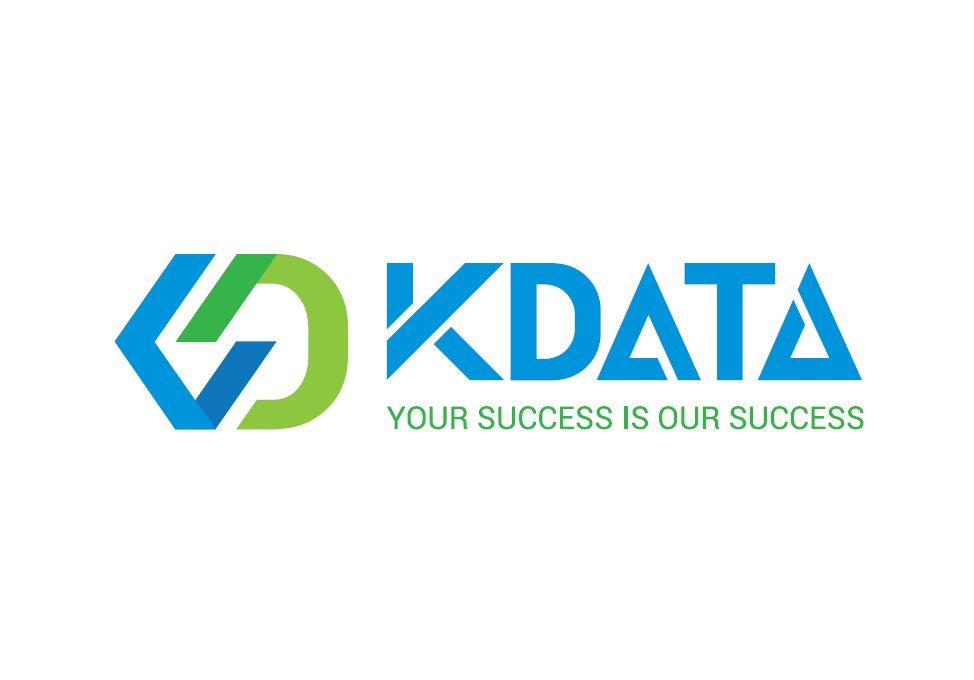One of the primary advantages of online education is the flexibility it offers to both students and instructors. Traditional classroom settings often require students to adhere to a rigid schedule, with fixed class times and locations. online class services on the other hand, allows students to access course materials, participate in discussions, and complete assignments at their own pace and convenience. This flexibility is particularly beneficial for non-traditional students, such as working adults, parents, or individuals with disabilities, who may struggle to attend in-person classes due to time or mobility constraints. The ability to learn from anywhere in the world also opens up educational opportunities for students in remote or underserved regions, breaking down geographic barriers and democratizing access to knowledge.
Online learning has emerged as a powerful and viable alternative to traditional in-person education. The global pandemic further accelerated this shift, pushing educational institutions, teachers, and students to adapt to remote learning. As we move forward, online education continues to evolve, offering unique opportunities and challenges that warrant a closer examination. This essay delves into the key aspects of online learning, including its benefits, drawbacks, and the ways it shapes the future of education.
Moreover, online learning can cater to diverse learning styles and needs. Many online platforms provide a range of multimedia resources, such as videos, podcasts, and interactive quizzes, which can appeal to auditory, visual, and kinesthetic learners. This variety of learning materials enables nursing writing services students to engage with content in a way that suits their individual preferences, helping to enhance retention and understanding. Additionally, the use of forums, discussion boards, and virtual office hours allows for more personalized interaction with instructors, facilitating a deeper connection between students and teachers that may not always be possible in large, lecture-style classrooms.
Despite these benefits, online education is not without its challenges. One of the most significant concerns is the lack of face-to-face interaction, which can hinder social engagement and the development of communication skills. In a traditional classroom, students have the opportunity to engage in spontaneous discussions, group projects, and social interactions that contribute to a well-rounded education. While online platforms offer discussion forums and video conferencing tools, these virtual spaces often lack the same immediacy and depth as in-person conversations. Furthermore, some students may experience feelings of isolation or loneliness, particularly if they are not able to establish strong connections with peers or instructors. This sense of detachment can affect motivation and overall satisfaction with the learning experience.
Another drawback of online education is the potential for distractions. When students are learning from home or other informal environments, they may find it difficult to maintain focus. Without the structure and supervision provided by a physical classroom, students might be tempted to engage in non-academic activities, nurs fpx 6021 assessment 1 such as checking social media, watching television, or dealing with household responsibilities. While some online platforms include tools to monitor progress and encourage accountability, the self-directed nature of online learning requires a high degree of discipline and time management skills, which can be a challenge for many students. For this reason, online education may not be suitable for everyone, especially those who struggle with self-motivation or who lack a supportive study environment.
The effectiveness of online learning also depends heavily on the technology and infrastructure available. While many students around the world have access to high-speed internet and modern devices, this is not always the case. In developing countries or rural areas, limited access to technology can create significant barriers to online education. Furthermore, technical issues such as internet outages, software glitches, or difficulties navigating online platforms can disrupt the learning experience. For educators, the shift to online teaching requires a new set of skills, including familiarity with digital tools, the ability to design engaging online curricula, and the capacity to manage virtual classrooms effectively. These demands can be overwhelming, especially for teachers who are accustomed to traditional teaching methods and may not have received sufficient training in online pedagogy.
Despite these challenges, the future of online education looks promising. As technology continues to improve, the quality and accessibility of online learning are likely to increase. For instance, the integration of artificial intelligence (AI) and machine learning into educational platforms can provide personalized learning experiences, adapting content to each student's strengths and weaknesses. Additionally, nurs fpx 6030 assessment 3 the rise of virtual reality (VR) and augmented reality (AR) may offer immersive learning experiences that replicate the hands-on, interactive aspects of traditional education. These advancements could help bridge the gap between the limitations of online learning and the rich, experiential learning that occurs in physical classrooms.
Moreover, online education offers new possibilities for lifelong learning. In a rapidly changing job market, individuals must continuously update their skills to remain competitive. Online skills courses, certifications, and degree programs provide a convenient and affordable way for people to acquire new knowledge and throughout their careers. This shift toward lifelong learning can help workers stay adaptable and resilient in the face of technological disruptions and evolving industry demands.
However, for online education to reach its full potential, certain improvements are necessary. Educational institutions must invest in ensuring equitable access to technology, providing students with the necessary devices and internet connectivity to participate fully in online learning. Additionally, both students and instructors need ongoing support to develop the skills and strategies required for effective online education. This may include training on time nurs fpx 6025 assessment 4 management, digital literacy, and fostering online community engagement. By addressing these gaps, online education can become a more inclusive, engaging, and effective alternative to traditional learning.











